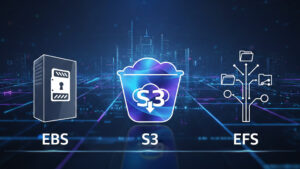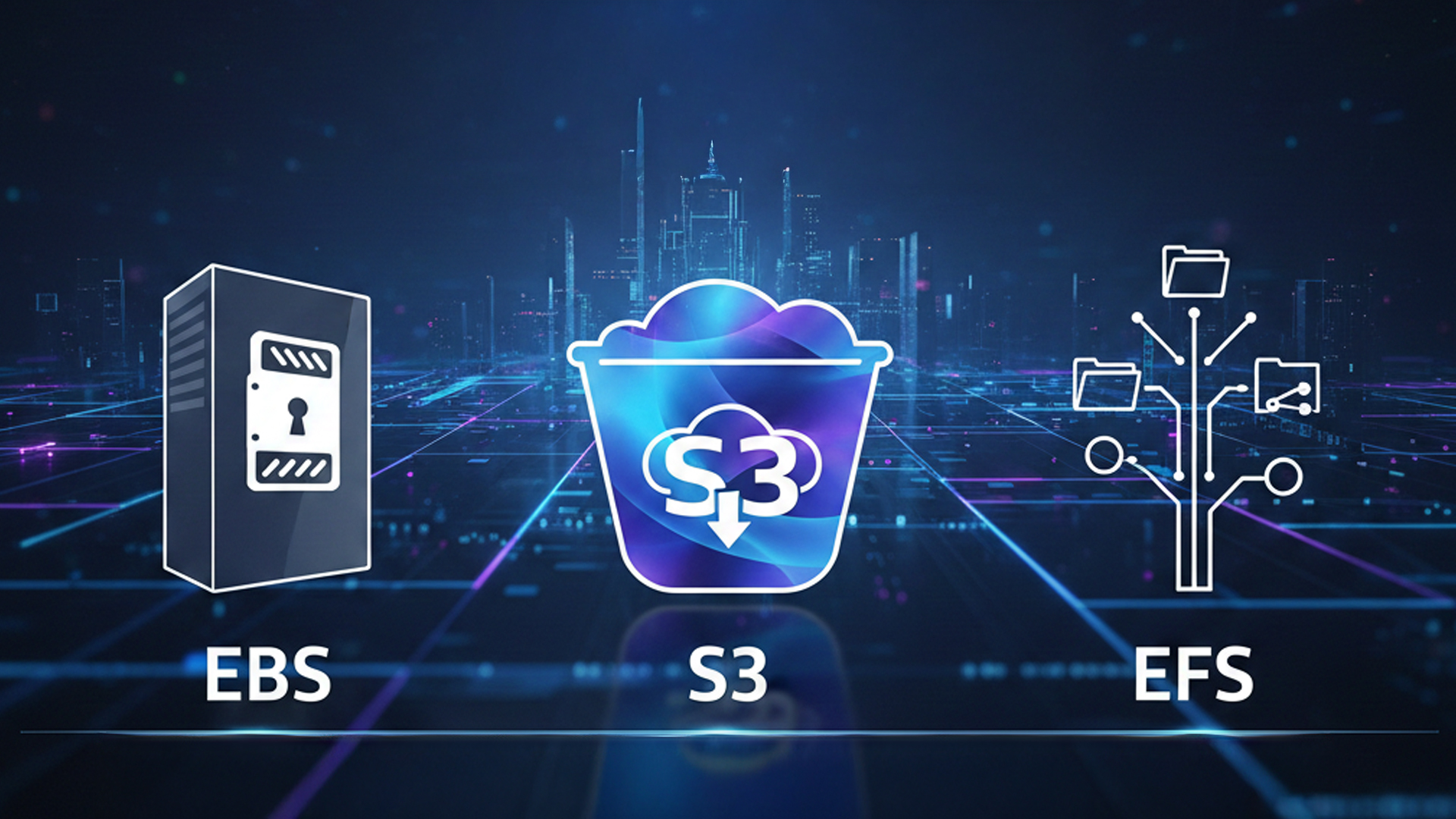Cloud Cost Optimization refers to analyzing and implementing strategies to cut unnecessary expenses and boost organizational efficiency. It includes identifying resources, services, and operational energy used inefficiently and then taking appropriate actions to improve resource allocation and right size.
Do You Know?
- 40% of the companies state cloud cost management as their primary challenge with public clouds.
- 61% of organizations plan to optimize existing use of the cloud for cost savings, making it the top initiative for the fifth year in a row.
Cost optimization aims to make resource utilization more efficient while reducing extra expenditure in Cloud. In this blog, we will see how we can achieve it with the help of Spot Instance and Graviton.
What is Spot Instance?
Launched in the latter part of 2009, Spot instances present an abundant avenue for patrons of Amazon Web Services (AWS) to procure Elastic Compute Cloud (EC2) instances, essentially virtual machines, at reduced expenses, thereby facilitating the hosting of their applications within the framework of AWS infrastructure.
How Spot Instance Works to Save Cost?
Because spot instances are more affordable than on-demand ones, they lead to substantial savings. However, there are certain risks. For example, if spare EC2 instances (spot instances) aren’t available, you might need to wait until they become accessible in the spot market. Also, if the price of spot instances exceeds what you offered, they can be shut down with a two-minute warning. This abrupt termination can disrupt all processes in those instances, which can be particularly problematic if you’re running critical customer-facing services.
To avoid such issues, it’s crucial to have a solid strategy for managing spot instances. This ensures you have enough spot instances to run your applications and prevent sudden terminations smoothly.
Effective spot instance management not only prevents instances from going missing but also plays a crucial role in optimizing your AWS costs by allowing you to use spot instances at the lowest available price.
What is Graviton?
Graviton is the best price-performance processor designed by AWS for cloud workloads in EC2.
AWS Graviton2 processor helps majorly boost performance and capabilities over first-generation AWS Graviton processors. Moreover, AWS Graviton3 is the latest version of the AWS Graviton processors.
Why is Graviton cost-efficient?
It provides the best price performance for a broad range of workloads and offers extensive software support and assurance. Graviton processors also fulfil the need for advanced security for cloud applications and workloads.
Not only this, but AWS Graviton processors also help firms to reduce their carbon footprint by being more energy efficient. Graviton-based instances utilize up to 60% less energy for a similar performance than comparable EC2 instances. Moreover, Graviton-based instances are also available in other popular Managed AWS Services.
Cloud Optimization Best Practices on AWS Cloud
Cost optimization in the AWS Cloud involves several best practices apart from spot instance and using Graviton to ensure efficient resource utilization and reduced expenses:
- Right-size Resources: Choose instance types that match your workload requirements without overprovisioning. It would help if you considered using AWS tools to monitor and adjust instances based on demand.
- Reserved Instances: Commit to long-term usage with reserved instances to obtain substantial cost savings compared to on-demand pricing.
- Utilize Autoscaling: Implement autoscaling that helps dynamically adjust the number of instances based on real-time demand, avoiding underutilization during low traffic.
- Implement Cost Allocation Tags: Assign meaningful tags to resources for accurate cost allocation, making it easier to track expenses across projects, teams, or departments.
- Manage Storage Effectively: Delete unused data and consider using Amazon S3 storage classes optimized for infrequently accessed or archival data to reduce storage costs.
- Optimize Data Transfer: Minimize data transfer costs by choosing the correct AWS region for your workload and optimizing data transfer patterns.
- Use Cost Explorer: You can also use AWS Cost Explorer to gain insights into your spending patterns, identify cost-saving opportunities, and set budget thresholds.
- Implement Serverless Architectures: Utilize AWS Lambda and other serverless services to eliminate the need to provision and manage infrastructure, paying only for actual usage.
- Monitor and Analyze: Continuously monitor performance and usage metrics to identify idle resources, inefficient configurations, or opportunities to optimize.
- Automate Workloads: Automate deployment and scaling processes using AWS CloudFormation or Infrastructure as Code (IaC) tools to ensure consistency and prevent unnecessary resource allocation.
- Use Trusted Advisor: Leverage AWS Trusted Advisor to receive personalized cost optimization recommendations based on your usage and configuration patterns.
- Consider Multi-Year Savings Plans: Explore AWS Savings Plans that offer flexible pricing options for different workloads and commitment terms.
- Optimize Networking Costs: Use Amazon VPC peering, Direct Connect, or Global Accelerator to reduce data transfer costs and improve network performance.
- Regularly Review and Adjust: Check your infrastructure needs and adjust as workloads change to maintain optimal cost efficiency.
Conclusion
Amidst a spectrum of cost optimization practices for the Cloud, we’ve elaborated on the potent synergy between Graviton, AWS’s innovative processor, and Spot Instances, a dynamic AWS service. This integration offers substantial cost reduction opportunities within the AWS Cloud. If you find this blog informative, we encourage you to share it with your network, extending this knowledge to a broader audience. For further insights, feel free to contact us or explore our website.
Related Posts
Best Practices for Azure Cloud Cost Optimization | AWS Cost Optimisation Guide | Best Practices For Reducing Your Cloud Bills | Cloud Cost Optimisation Strategies & Best Practice | Strategies for Cloud Cost Optimization | AWS Cost Optimisation Best Practices | Top Cloud Mistakes that will Cost Dearly | Cost Optimization Strategies for Compute Instances | Cloud Optimization with Graviton and Spot Instance | What are Aws spot instances | Cloud Cost Optimization And Its 7 Best Practices | Cloud Cost Optimization: Best Practices & Benefits







